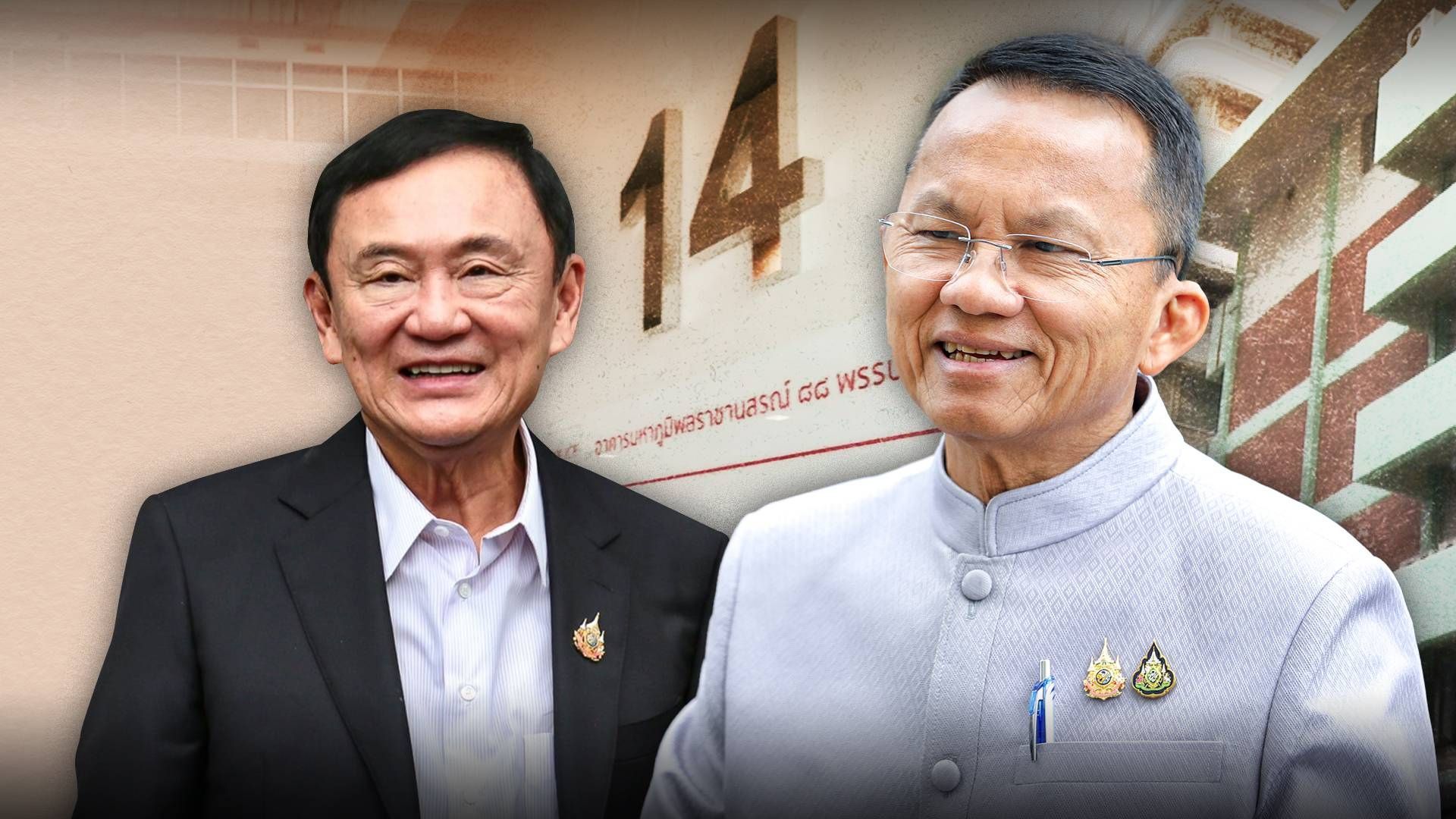Strengthening Exam Integrity
OCSC Bolsters Anti-Fraud Measures
On July 20, 2025, the Office of the Civil Service Commission (OCSC) reaffirmed its commitment to combating cheating in civil service entrance exams, addressing concerns raised by a social media exposé. Deputy Secretary-General Kitipong Maharatthanawong detailed robust security protocols to safeguard the integrity of the selection process for approximately 400,000 civil service positions. The move responds to sophisticated cheating networks using advanced technology, ensuring fairness in Thailand’s competitive exam system.
Exposing Modern Cheating Networks
High-Tech Tools Evade Detection
A recent revelation by the Thammasat Exam Center’s Facebook page uncovered organized cheating rings employing credit card-sized devices with SIM cards and tiny wireless earpieces to bypass scanners. These networks hire individuals to relay exam information externally, challenging traditional security measures. With 500,000–600,000 candidates taking the OCSC’s general aptitude test annually, these illicit tactics threaten the credibility of Thailand’s civil service recruitment, prompting urgent reforms.
Multi-Layered Security Protocols
Rigorous Exam Safeguards
The OCSC’s recruitment process includes three stages: a general aptitude test (Part A), a specific knowledge test (Part B), and a job suitability test (Part C). Part A, overseen directly by the OCSC, uses multiple standardized test sets with varied answer sheet layouts to deter copying. Question sets are selected by lottery just before the exam, and even question writers are unaware of the final choice, minimizing the risk of leaks and ensuring a fair evaluation process.
Secure Exam Administration
CCTV and Automated Grading
On exam day, question papers are transported under tight security to locked rooms monitored by CCTV, with a management committee overseeing a system of checks and balances. The grading process for Part A is fully automated, using machines to eliminate human error or bias. Candidates must pass all three subjects—general knowledge, English, and civil service ethics—to advance, with passing scores valid indefinitely for future job applications, streamlining the hiring process.
Countering Persistent Threats
Metal Detectors and Paper Destruction
Despite the OCSC’s robust system, high-tech cheating remains a challenge. All exam centers are equipped with metal detectors, and papers are collected and destroyed under strict supervision by hired companies and OCSC officials. Claims of leaked papers from past years were refuted, with Kitipong clarifying that while some candidates may memorize questions, physical papers are securely destroyed. These measures aim to maintain public trust in Thailand’s civil service recruitment system.
Addressing Insider Risks
Stricter Disciplinary Measures
The OCSC acknowledges the potential for insider involvement and is developing internal disciplinary protocols to address such cases. The Civil Service Act mandates immediate disqualification for those convicted of exam fraud, though legal appeals require solid evidence like CCTV footage and signed documents. By barring repeat attempts for those who have passed Part A, the OCSC forces cheating networks to recruit new participants, further disrupting their operations and reinforcing exam integrity.









